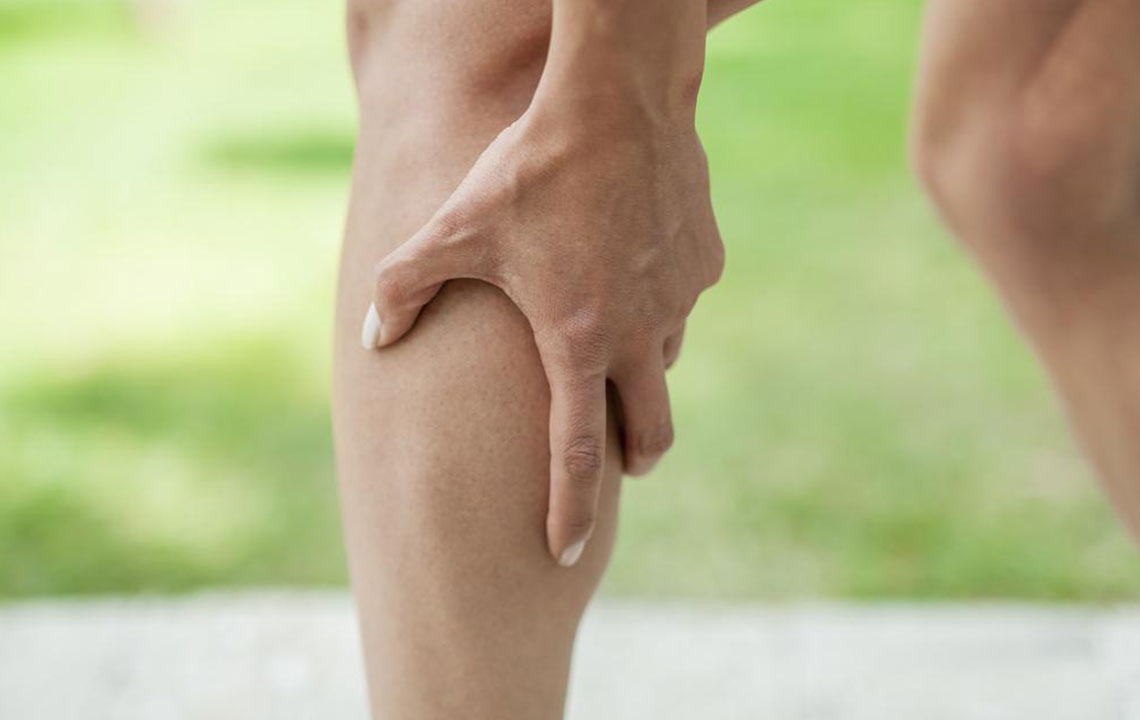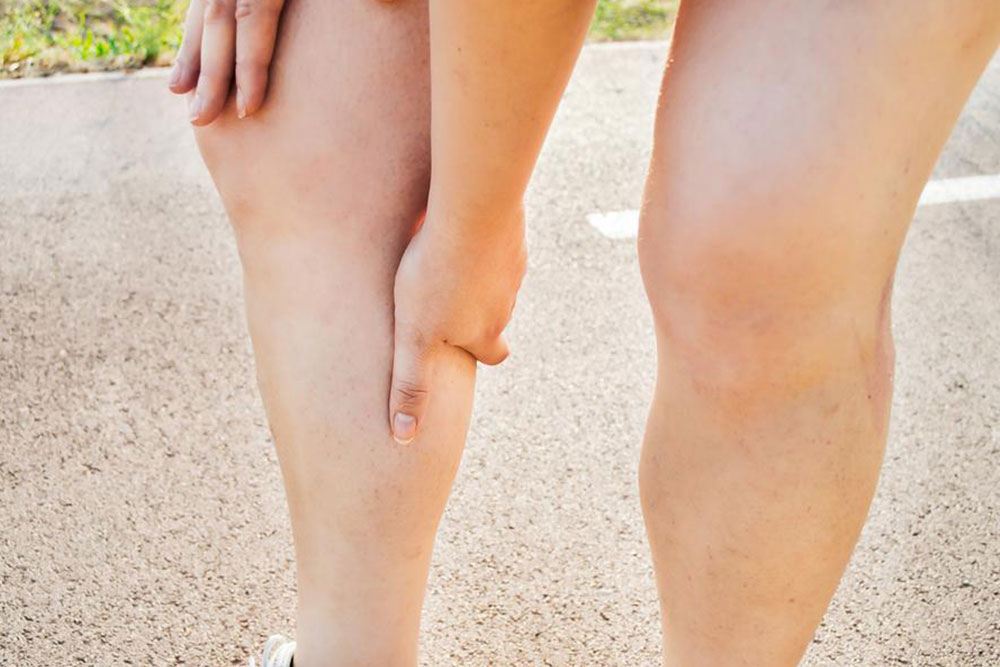Relief Strategies for Nocturnal Leg Spasms
This article explores effective strategies for managing and preventing nighttime leg cramps. It covers common causes, remedies, and preventive tips, emphasizing the importance of hydration, proper sleep posture, diet, and when to seek medical help. Practical methods like stretching, warm baths, and medication guidance are outlined to help affected individuals find relief and reduce recurrence, especially for older adults, pregnant women, and those with underlying health conditions.
Sponsored

A nocturnal leg spasm refers to a sudden and intense contraction of a leg muscle that occurs unexpectedly. These spasms can last from a few seconds to several minutes, often affecting the calves, feet, or thighs. Many individuals experience these painful cramps while falling asleep or waking up during the night. Age, pregnancy, and certain health conditions increase susceptibility. Common triggers include physical overexertion, cold environments, certain medications, nerve damage, and dehydration. Distinguishing leg cramps from restless legs syndrome is important, as they are different conditions.
Common causes of nighttime leg cramps
Factors such as nerve issues, muscle fatigue, and underlying health problems contribute to nighttime cramps. Older adults and pregnant women are particularly vulnerable. Conditions like diabetes, kidney disease, anemia, neurological disorders, and dehydration can also lead to cramps. Medications like diuretics may increase risk. Recognizing these causes can help in managing and reducing episodes effectively.
Steps to alleviate a leg cramp include gentle stretching, massaging the affected muscle, applying warm water baths or heating pads, or using cold packs with a cloth barrier. Over-the-counter pain relievers like ibuprofen and acetaminophen can reduce discomfort. Always follow medical advice when taking medications and consult a healthcare provider if cramps are frequent or severe.
Tips to prevent nighttime leg cramps
Stay well-hydrated with fluids and sports drinks like Gatorade. Maintain proper sleeping posture—point toes upward if sleeping on your back or hang feet off the bed. Keep bedding loose and avoid alcohol. Gradually increase exercise intensity, incorporating stretching or light activity like stationary biking before bed. A nutrient-rich diet with magnesium, potassium, and calcium, along with multivitamins, can help prevent cramps.
When to seek medical care for leg cramps
Occasional cramps are normal and harmless. Seek medical attention if cramps are persistent, extremely painful, or accompanied by weakness, muscle atrophy, or sleep disruption. Exposure to toxins or neurological symptoms also warrant prompt evaluation. Treatments like acupuncture or Epsom salt baths may provide relief. If cramps persist despite home remedies, consult a healthcare professional for tailored diagnosis and treatment.






